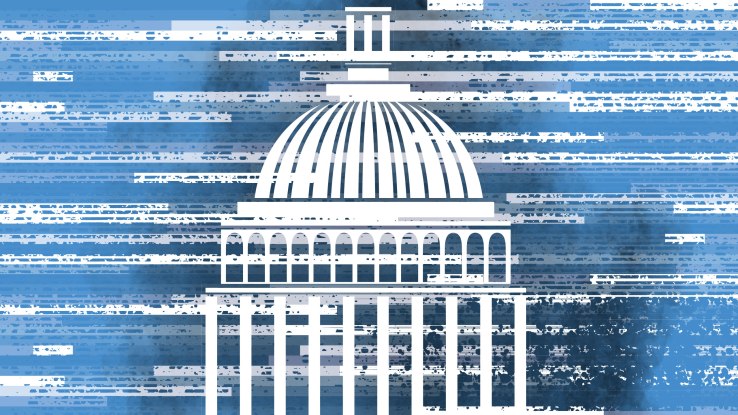Comcast’s FCC filing pits pet economists against net neutrality rules

Comcast has filed its official commentary on the FCC’s proposal to roll back 2015’s Open Internet Order, and it’s about what you’d expect: a selectively thorough takedown that relies heavily on analysis by friendly economists to support the ISP’s view.
Many of the arguments in the comment, which you can read in its entirety here, are already addressed in this collection of such things — so we won’t retread them here.
The main new work is done by a report commissioned by Comcast from the National Economic Research Associates. NERA you may remember from its arguments in defense of “clean coal,” and if you don’t remember, that’s a good place to start.
The report (included in the comment linked above) and Comcast’s main argument drawn from it, is that the new rules create regulatory uncertainty, and regulatory uncertainty reduces investment.
The problem, as with the rest of the multiplicity of analyses that have sprung up in the last year or so, is that the data is extremely ambiguous because there just isn’t enough of it. Would you trust an economic analysis of an enormous, quickly evolving industry that uses less than two years of data? Me neither.
Comcast also seems to want to have its cake and eat it too.
For example, on one hand, Comcast crows about how much investment and related industries grew between 2010 and 2015. But then it cites a report saying that those incredible gains were well below what they should have been — because investors were spooked by the “threat” of rules like those we have now.
(That study, by the way, was written by George Ford, formerly of MCI-Worldcom and Z-Tel, and one of two people who seem to comprise the Phoenix Center for Advanced Legal and Economic Public Policy Studies. The nonprofit, funded by anonymous donors, pays him hundreds of thousands. I’ve asked if Comcast is a donor.)
Which is it? Was growth unprecedented or was it sluggish? The way Comcast structures it, there’s no way to lose: anything good that happened was because of the old rules, and anything bad was because of the new ones — even from before they were enacted.
Regulatory uncertainty is said to cause lower investment levels, and I don’t really question that. But what Comcast leaves out is the meat of the sandwich: What are companies uncertain about? Growth is great, bandwidth is in huge demand, people are spending tons of money, etc. What are the industries afraid will be prevented by these rules? The usual “innovative services,” none of which are ever described except some zero-rating practices that were never prohibited (though still a bad idea).
Why not include a few examples of these innovative services that the FCC has smothered in the cradle? The simplest, and likely the correct, answer is that no such services exist or ever existed; just as the ISPs claim that there were never any practices that ran afoul of the present rules, they claim they have all kinds of ideas that won’t work under them. Both claims, I suspect, are bunk.
One thing we can all agree on is that new legislation is needed, although we may have different ideas what that would look like. Title II of the 1934 Communications Act is the only reasonable authority on which to base rules like the 2015 Open Internet Order, but the two aren’t a match made in heaven, even with the 1996 upgrades. Congressional action, however, is not immediately forthcoming.